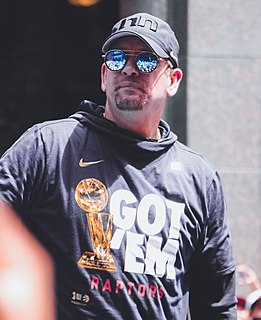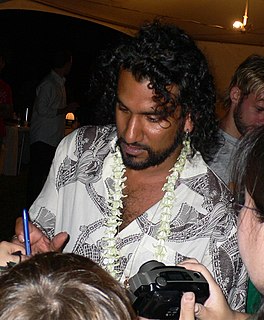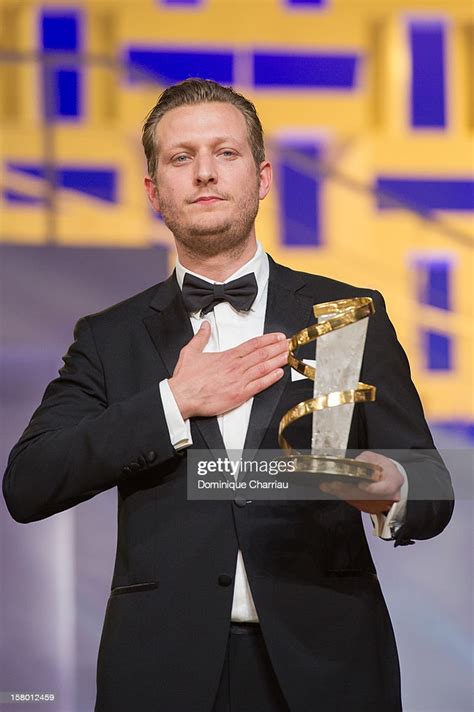A Quote by Thelma Schoonmaker
The difference between a film that ends up three hours and a film that is envisioned as three hours is that it's written that way.
Quote Topics
Related Quotes
Theatre is organic, film is not. Theatre you come every day and you work with a group of people and you're are all up for it and you all get to do the whole thing every night, be it two hours or three hours. In film you work in two or three minute bits and it's never in chronological order and then someone takes that away and makes it look like it all happened, or that you gave that performance.
One of the challenges assembling the film was that gun fight went on for three and a half hours and we obviously couldn't spend three and a half hours of the film with one gun fight. It was trying to figure out the balance of how much an audience could take before they either became repulsed or desensitized or bored or just overwhelmed.
I run my own film school, the Rogue Film School, and I do it over three and a half days, eight hours non-stop everyday; alone, single-handedly. But the difference is in the Rogue Film School I do have real human beings in front of me from all over the world, and of course there's this course as well, they can ask, talk about their problems and obstacles, finances, anything, you just name it. Whereas in the Masterclass, you are speaking to cameras.
I mean the people who seriously, seriously play devote their lives to it sort of the way monks do. I mean you don't date, you go to bed at a certain time, you eat certain ways, you practice 10-12 hours a day. And I mean, the difference between practicing three hours a day and practicing 12 hours a day is everything. And I certainly never - I never trained seriously after the age of 16.


































